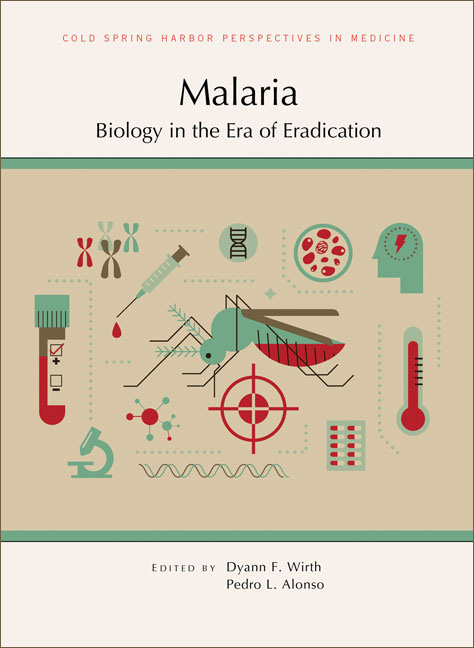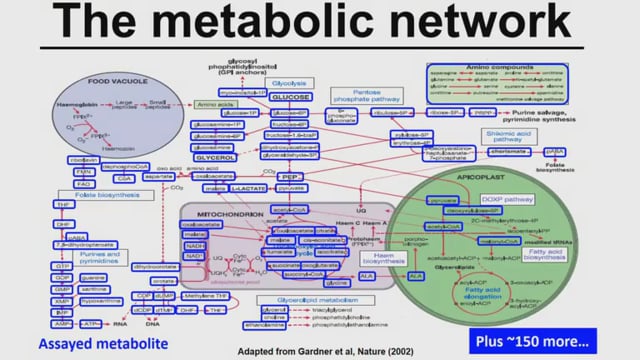Malaria: Biology in the Era of Eradication
Collaborator(s): World Health Organization (WHO), Switzerland; Harvard T.H. Chan School of Public Health (HSPH), United States; J.C. Flowers Foundation, United States
Published: 01/06/2017
Malaria: Biology in the Era of Eradication
A renewed global effort in malaria control and elimination over the past decade has led to a substantial increase in basic research and significant advances in our understanding of the mechanisms underlying this complex disease. However, it is not always clear how such gains in knowledge will translate into improved strategies for the fight against malaria.
Written and edited by experts in the field, this collection from Cold Spring Harbor Perspectives in Medicine explores recent developments in our understanding of malaria biology and their potential to influence malaria elimination/eradication strategies. The authors describe recent developments in their respective research areas and suggest both how these insights could guide intervention strategy and where critical knowledge gaps remain. Contributors discuss the unique features and challenges presented at key stages of the malaria life cycle and by different Plasmodium species, malaria transmission and its interruption, the challenge of drug resistance, the future of malaria vaccine strategies, epigenetic regulation of malaria-associated genes, and new approaches in malaria research, including genomics and modeling. They describe complex interactions of the malaria parasite with the human host, including disease pathogenesis, immune responses, and malaria in pregnancy. They also explore critical developments in vector biology, control, and insecticide resistance and in vector–parasite interactions, including the relationship between mosquito reproduction and parasite development.
The current state of each of these fields, their potential for impact on malaria elimination strategy and critical knowledge gaps, and next steps to achieve this are discussed. This volume is therefore a valuable reference for all scientists, clinicians, and public health professionals interested in understanding the state-of-the-art of malaria biology research and its critical role in our collective ambition to end this devastating disease.


